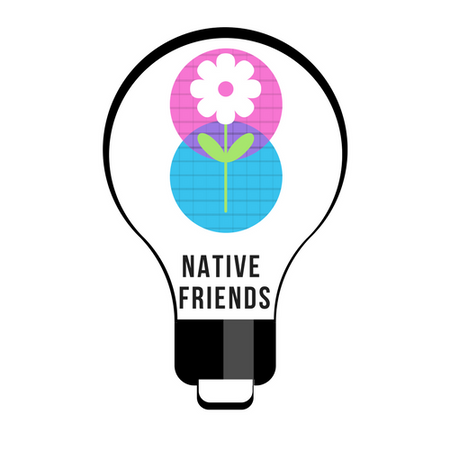They say history is told by the survivors. There are tribal survivors of the Yakama War. I am one of the thousands of tribal members that live.
This history has been told in the Ichiskiin language and in oral history. I’ve been reading a lot about the Yakama War. There is a lack of voice from Yakamas readily available.
Think of the power of Yakama survivors telling this story.
We’ll go through the following:
- The sources
- Defining “start war”
- Who started the war?
When first approaching this topic some might think, “But why should I believe you?” Others may think,”Why will they believe me?” These questions come up, so this is why I'm taking a moment to detail the sources.
The Source
This is a historical account is peer-reviewed, by many Yakamas since the war. In 1967, atwai Alex Saluskin told this account to atwai Catherine Arquette. Bruce Rigsby (anthropologist) and Inez R. Strong typed the notes. Growing up, there were numerous elders and relatives that relayed very similar information. This is tribal peer-review of oral history and historical accounts.
Reading about the Yakama War from the Native American perspective is virtually non-existent. While we take steps to improve this, non-Yakamas may not agree. Just to be clear, Yakamas are not asking permission to share our side of this story. That would be absurd in other contexts of war, such as World War II history. What if the Jewish people had to have their experiences and accounts verified by Nazis before they could share them? Therefore, this extra layer of approval is not requested to share Native perspective in history. Deep breathe friends, it is happening.
Define “Started”
The Yakama war is largely defined as who killed another first. Detailing who died, begins most discussions and books about the beginning of the Yakama War.
Who started the Yakama War?
A. Yakamas killed non-Native
B. Non-Natives killed Yakamas
--------B. Non-natives killed Yakamas. Miners rape and murder a Yakama woman, her teenage daughter, and her baby. The Yakama Warriors including the father of this family tracked down the murdering miners and killed them before they could cause any more harm.
From atwai Alex Saluskin, A historical account of the Yakama War:

When Yakamas reported the Yakama family being murdered by miners and their self-defence to the federal Indian Agent Bolan, he threatened the Yakamas with military retaliation. The Yakamas had a decision to make, would they risk war to protect their families?

Yakamas felt there was no protection for their families and homelands and after being threatened killed Agent Bolan. Both Yakamas and non-Yakamas agree on this point: That Agent Bolan was killed by Yakamas. Now, this was obviously a heated discussion on both sides that escalated into numerous killings. To take a life is against Yakama law and as such it is not something Yakamas would do lightly.
How does this differ from non-Native Historians?
The part of the story most non-Native history writers tell is that Yakamas killed miners, then met with Agent Bolan. Many non-Native Historians say this occurred because Yakamas did not like the Treaty. The treaty was negotiated and signed in 1855, but not ratified by Congress right away. It would take four years for this to happen. There are limitations to the understanding of federal Indian policy by many historians. This is especially evident in answering the question: How did the Yakama War end? (Which I will cover in the future).
Side Note: I use the term Indian here because that is the federal term depicting Native Americans in treaties and policy.
Yakamas Past and Present
Yakamas went to war with the federal government over the protection of our homes and families.
We were vilified for it. We continue to be mischaracterized.
We are dehumanized in many history books and news articles as “hostile.” There is evidence of Yakamas living peacefully among non-Natives for many years. Including inter-marriage and trade agreements. Our children need fairness in society and this does not happen if they continue to be mischaracterized with offensive language such as “hostile Indians.” While we may have different perspectives of history, we can attempt to remove language that sets up prejudice against Native Americans today.
The way to start and support Natives when they share their history. We are the survivors.
After 162 years, isn’t it time to listen and tell the Yakama side of history?
-----
Short Film - Yakama War: Ayat (woman)
I still have more research and projects to complete on the Yakama War. This website, editing software and equipment cost money. This work is made possible by selling products such as my short film Yakama War: Ayat. It is available for purchase here.
Share the story:
If you liked this blog please consider sharing it with others. You can also like Native Friends on facebook.
Pin this
Pin this or and check out Native Friends on Pinterest.
Special Thanks to my mom, Stella Washines who made the beadwork featured in this blog as well as my film.



4 comments
You’re welcome Frank, research is still going strong.
Native Friends
You’re welcome Jackie thanks for reading.
Native Friends
Thank you
JAckie SWanson
Thanks for the history information! Kudos for your research!
Frank Trevino, Jr.